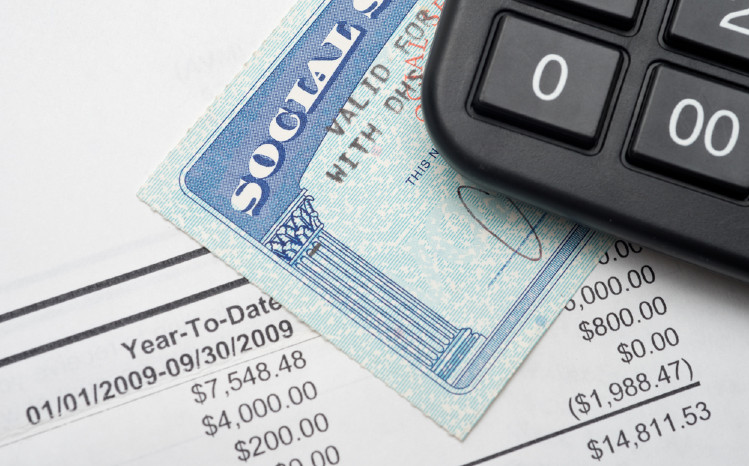Early this week, the president signed several bills, including one that includes payroll tax deferral. These taxes are to go towards Social Security and Medicare and are taken out of each paycheck. The executive order will defer paying these taxes for the rest of the year. Generally, 6.2% is taken from your salary and 1.45% for Medicare. The idea is to put a few extra dollars in qualified people’s paycheck to help during the COVID-19 pandemic. The feeling is that it won’t be a lot of money, but it may have consequences on the Social Security system.
What About Social Security?
As you probably know, Social Security was put in place as a way to help you after your working years. In fact, it’s the major source of income for millions of Americans. There is one problem for younger people, there might not be anything left for you. The money in the Trust fund used to pay out benefits will run out by the year 2034.
Therefore, if millions of American works fail to pay into the trust for the rest of this year, where does that leave you, and every other American who hasn’t saved anything else for retirement? Many people will be forced to work long into their retirement years. Others may need to rely on the government for assistance. Of course, you can better prepare yourself by saving now.
What Can You do to Offset the Payroll Tax Deferral?
The payroll tax deferral may lead to a few extra bucks in your paycheck every week. It probably won’t make a difference in your day to day life. It may pay off in the long run if used properly. However, you must use it wisely. Saving for retirement is the best thing you can do right now, no matter your age. Don’t be reliant on Social Security to get you though you golden years. Be proactive now and let the retirement system work for you.
If you are not saving for retirement, it’s critical you start as soon as possible. Every little bit helps, regardless of your age, your income and your personal situation. Even if it’s just the few extra bucks you may see in your paycheck. The biggest benefit of saving in a retirement account is the tax advantages.
If you save in a traditional plan, you get an immediate tax break and savings are tax-deferred until you withdraw during retirement. A Roth option does not have the upfront tax break, however all qualified distributions are tax free.
Retirement Plan Options
Essentially, there are two types of retirement plans – the 401(k) and the IRA. A 401(k) is generally offered by your employer. You may contribute to the plan directly from your salary (either before or after taxes). Some companies will even match your contributions by a certain percentage. If you are self-employed, you have to start your own plan. The best plan for you is the Solo 401(k), which allows you to put away a ton of money each year and pick your own investments.
If your employer doesn’t offer a plan, and you are not self-employed, your other option is the IRA. Anyone with earned income can open and fund the plan. Most financial institutions, such as banks and credit unions, will offer the plan. Finding the right plan is crucial when saving for retirement. Plan minimums, fees and investment options all need to be considered.
If you are not comfortable investing in the markets, you can look at self-directing your IRA. A Self-Directed IRA works just like a regular IRA, however you are not limited to traditional investments, such as stocks, bonds and mutual funds. In fact, you can invest in almost anything, including real estate, gold, businesses and Bitcoin.
Conclusion
The payroll tax deduction may seem like a good idea to many people. However, don’t be mislead. Those taxes are an important part of your future. If they were eliminated, you would have no other choice, but to save whatever you could for retirement. Which, of course, you should be putting aside something either way.
The more you save and the earlier you start, the better off you will be when you retire. Further, the longer you delay taking Social Security, assuming it’s still around, the greater the benefits will be. Take a cue from smart savers and start saving today, before it’s too late! It’s important to budget out all your expenses to determine how much you can afford to save. You might need the help of a financial advisor to put you on the right track!







